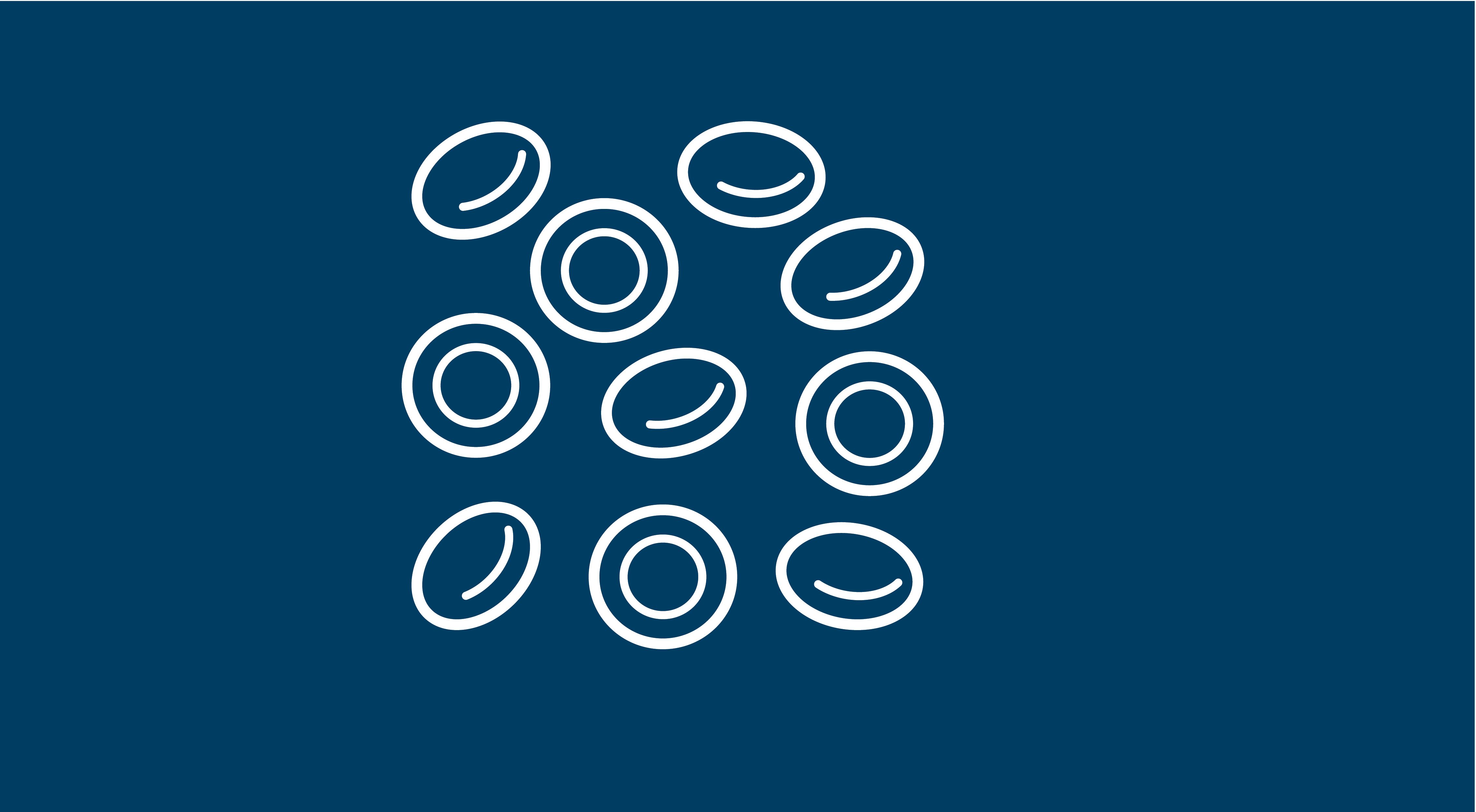MB-106 Elicits Antitumor Activity in BTK Inhibitor–Refractory Waldenström Macroglobulinemia
Patients with Waldenström macroglobulinemia who were refractory to a BTK inhibitor achieved preliminary responses with the CD20-targeted CAR T-cell therapy MB-106.
MB-106 Elicits Antitumor Activity in BTK Inhibitor–Refractory Waldenström Macroglobulinemia

MB-106, a CD20-targeted CAR T-cell therapy, generated responses among patients with BTK-inhibitor refractory Waldenström macroglobulinemia (WM), according to data from a single-center phase 1/2 trial (NCT03277729) presented at the 2023 EHA Congress.1,2
Findings showed that evaluable patients (n = 6) experienced an overall response rate of 83%, including a complete response rate of 33%, a very good partial response rate of 16.7%, a partial response rate of 16.7%, and a minor response rate of 16.7%. The lone non-responder had stable disease.
One complete responder remained in remission for 22 months, and their immunoglobulin M (IgM) level decreased rapidly to the normal range following treatment with MB-106 and has remained normal. Notably, no patients received additional anti-WM treatment following MB-106.2
Regarding safety, 5 patients experienced cytokine release syndrome (CRS), including 2 patients who had grade 1 CRS and 3 patients with grade 2 CRS. Additionally, grade 1 immune effector cell–associated neurotoxicity syndrome was reported in 1 patient.
“As we continue to evaluate MB-106 in this single-institution study, we’re encouraged by its potential to become an outpatient treatment option for WM and other B-cell malignancies, including indolent and aggressive non-Hodgkin lymphomas,” lead study author Mazyar Shadman, MD, MPH, an associate professor and physician at Fred Hutch and University of Washington in Seattle, stated in a news release.2 “We have observed ongoing responses to MB-106 with improvements in the quality of response over time, along with a favorable safety profile.”
MB-106 is a fully human, third-generation CAR T-cell therapy featuring 4-1BB and CD28 costimulatory domains.1 In June 2022, the FDA granted an orphan drug designation toMB-106 for use as a potential therapeutic option in patients with WM.3
The single-center study is enrolling patients with CD20-positive B-cell non-Hodgkin lymphoma. Patients with WM must be previously treated, and those with large B-cell lymphoma need to have received at least 2 lines therapy. Patients with follicular lymphoma or mantle cell lymphoma (MCL) must have received at least 1 prior line of therapy, including a BTK inhibitor for those with MCL. Those with chronic lymphocytic leukemia are required to have prior progression on or intolerance to a BTK inhibitor and/or venetoclax (Venclexta). Patients with other previously treated B-cell non-Hodgkin lymphomas are also permitted to enroll.
Prior treatment with a CD19-targeted CAR T-cell therapy is allowed if a patient’s B cells have recovered to at least 20 cells/µL.
After undergoing lymphodepletion with cyclophosphamide and fludarabine, patients are being treated at escalating doses of MB-106, including 1 x 105 cells/kg, 3.3 x 105 cells/kg, 1 x 106 cells/kg, 3.3 x 106 cells/kg, and 1 x 107 cells/kg. Notably, treatment is being given in an outpatient setting, except for the first patient treated at each dose level.
The primary end point of the study is dose-limiting toxicities. Secondary end points include complete remission rate, progression-free survival, overall survival, and safety.4
The median age of the 6 evaluable patients with WM was 69 years (range, 51-79), and 33% were female. Patients received a median of 7.5 (range, 2-12) prior lines of therapy, and all patients were previously administered a BTK inhibitor, including ibrutinib (Imbruvica; n = 5), acalabrutinib (Calquence; n = 1), and zanubrutinib (Brukinsa; n = 2). All patients experienced disease progression following a BTK inhibitor, and 2 patients (33%) were intolerant to a BTK inhibitor.1
All patients harbored MYD88 L265P mutations and had anemia (<11 g/dL). Additionally, 33% of patients had PET avid lymphadenopathy at baseline. WM risk classifications included high (50%), intermediate (33%), and low (17%). The median baseline IgM level was 2873 mg/dL (range, 547-6481).
Other grade 3/4 adverse effects included leukopenia (83%), neutropenia (100%), lymphopenia (83%), thrombocytopenia (33%), hypotension (33%), hypertension (16%), fatigue (16%), elevated alanine transaminase (16%), and elevated aspartate transaminase (16%).
References
- Shadman M, Yeung C, Redman MW, et al. CD20 CAR-T therapy with MB-106 for BTK inhibitor-refractory Waldenström macroglobulinemia (WM)/lymphoplasmacytic lymphoma (LPK) – single institution study. Presented at: 2023 European Hematology Association Congress; June 8-11, 2023; Frankfurt, Germany. Abstract P1097.
- Mustang Bio announces updated results from Waldenstrom macroglobulinemia cohort of ongoing phase 1/2 clinical trial of MB-106, CD20-targeted autologous CAR T therapy. News release. June 12, 2023. Accessed June 26, 2023. https://ir.mustangbio.com/news-events/press-releases/detail/160/mustang-bio-announces-updated-results-from-waldenstrom
- Mustang Bio announces orphan drug designation granted to MB-106, a CD20-targeted, autologous CAR T cell therapy for the treatment of Waldenstrom macroglobulinemia. News release. Mustang Bio, Inc. June 22, 2022. Accessed June 26, 2023. https://www.globenewswire.com/news-release/2022/06/22/
- A phase I/II study to evaluate the safety of cellular immunotherapy using autologous T cells engineered to express a CD20-specific chimeric antigen receptor for patients with relapsed or refractory B cell non-Hodgkin lymphomas. ClinicalTrials.gov. Updated May 6, 2023. Accessed June 26, 2023. https://clinicaltrials.gov/ct2/show/NCT03277729



